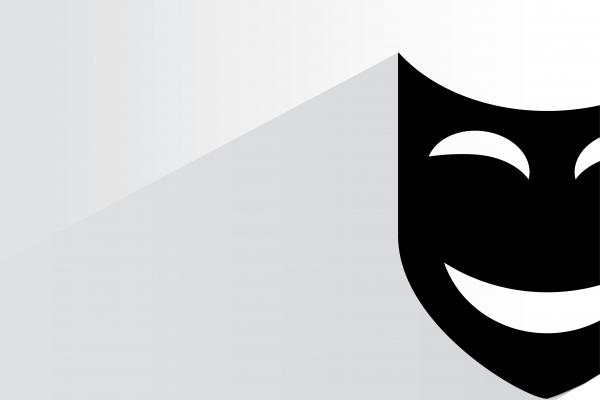I love Jon Stewart. I mean, like “maybe jump the fence” love him. His presence on The Daily Show has spoken to and with my generation through some of our most formative years.
And yes, he tells fart jokes (which I also love). And yes, he editorializes, (which is nearly ubiquitous in “legitimate news” streams anyway). But he also often names what people are thinking, feeling, or what they can’t even put into words.
And then he helps us laugh about it, and at ourselves.
On a recent episode of The Daily Show, however, he took a more sober tone when talking about the slaughter in the headquarters of the French satire magazine, Charlie Hebdo. One comment in particular that he made stuck with me, not because it was funny or witty. Rather, it pointed to something we all need to consider more seriously, I think.
Read the Full Article

